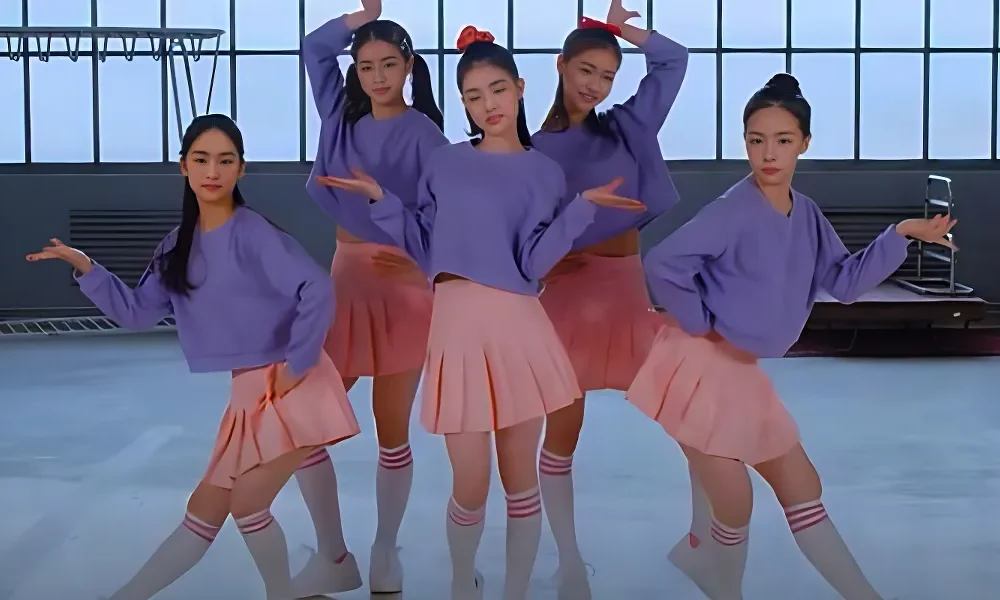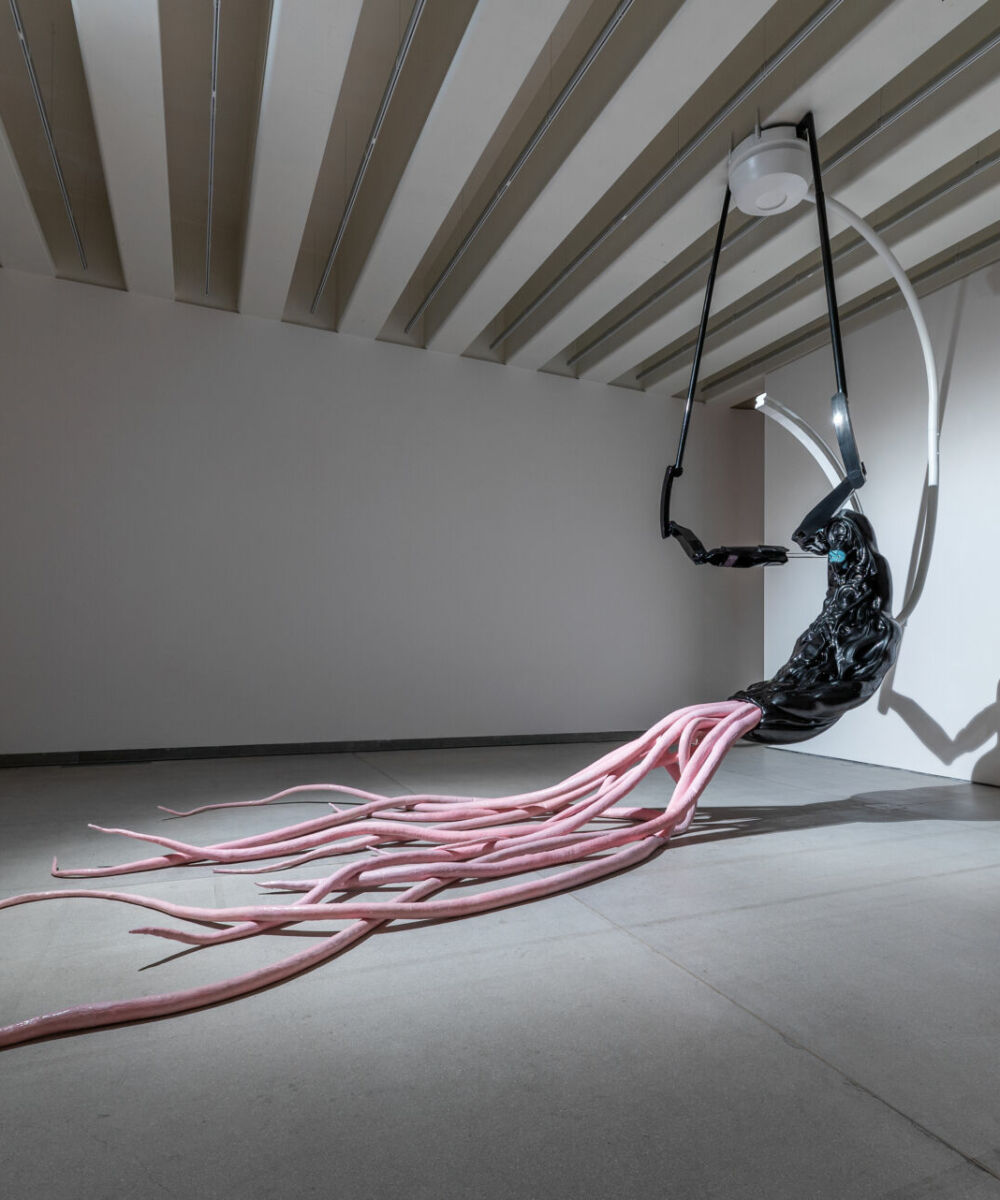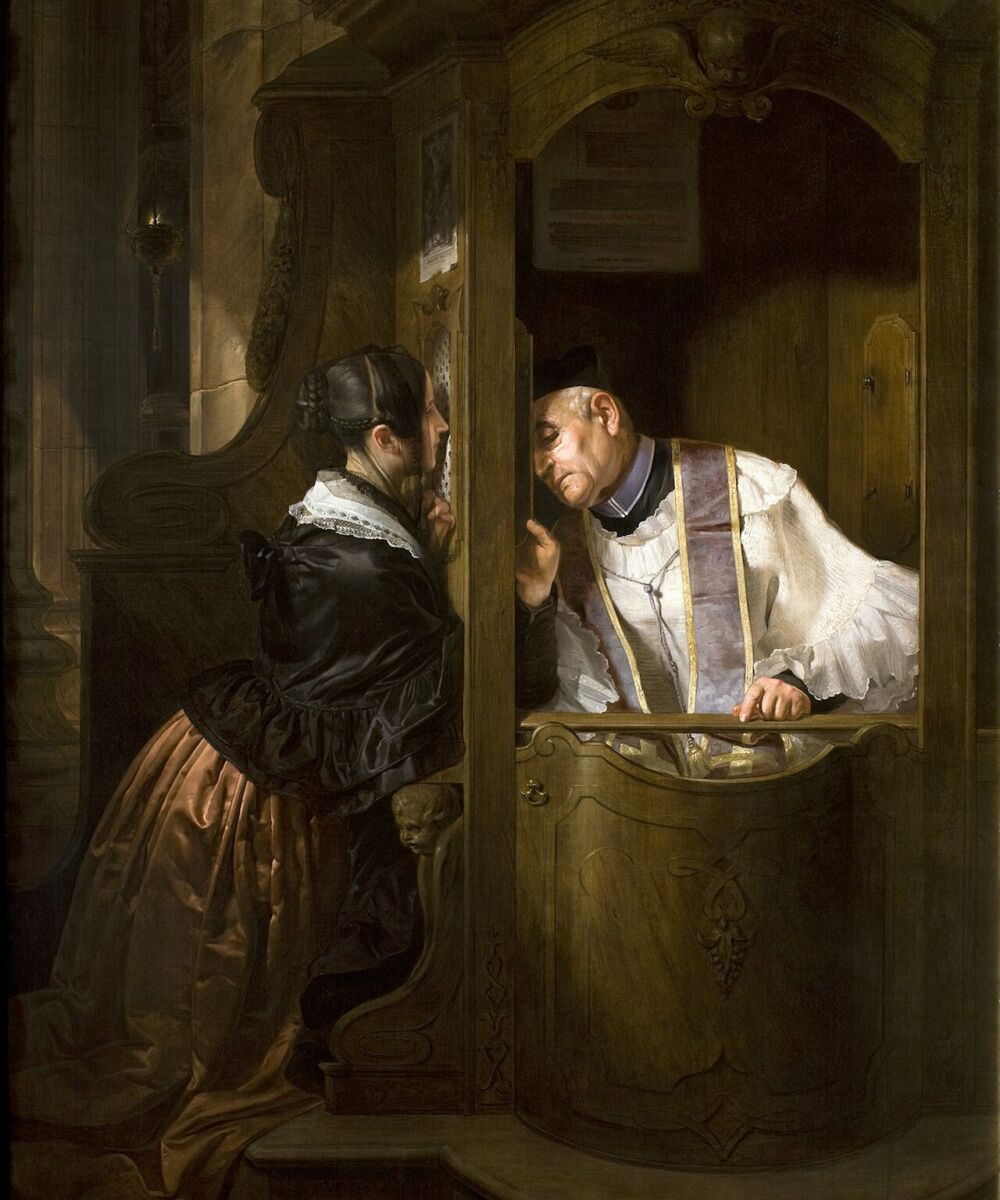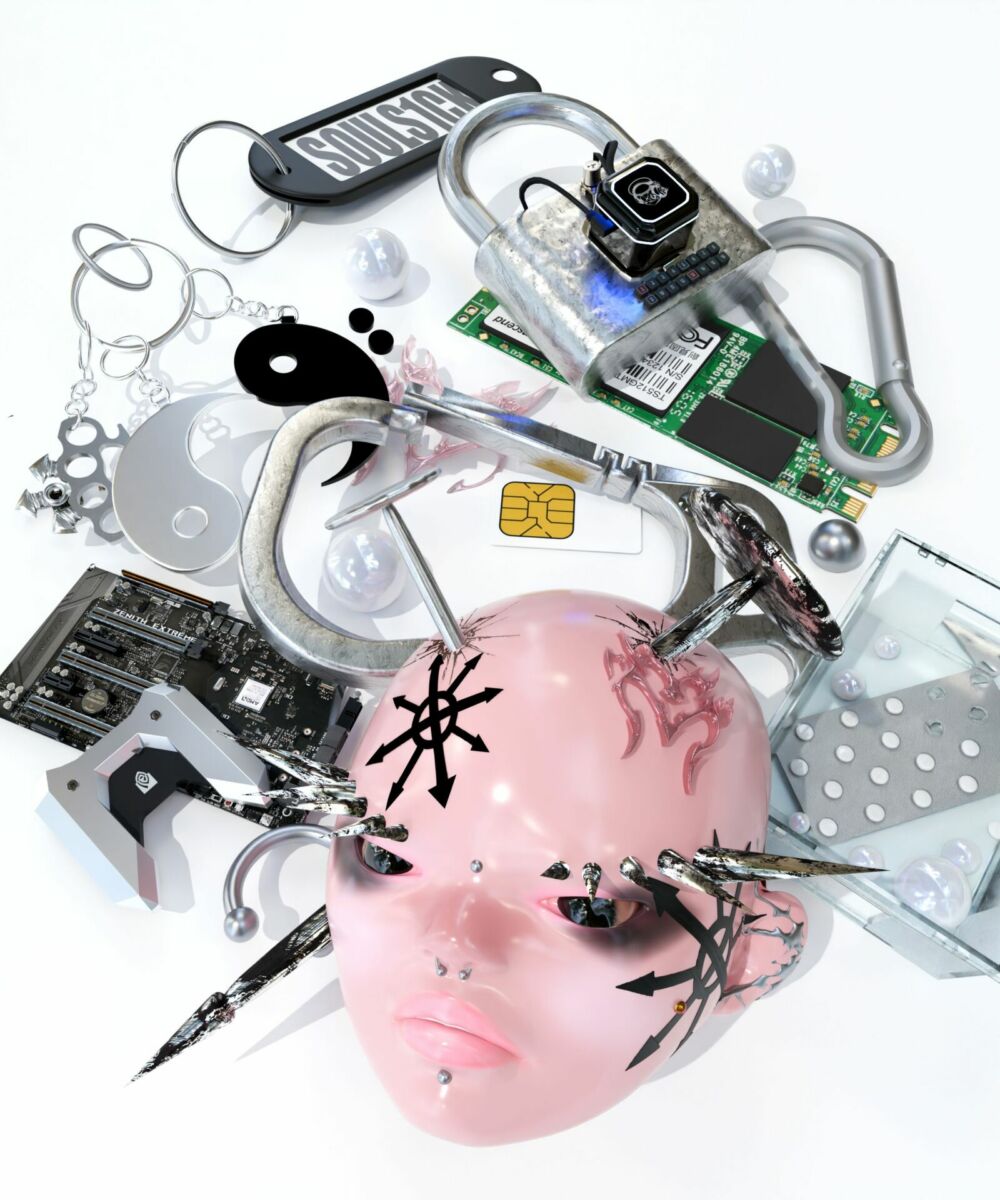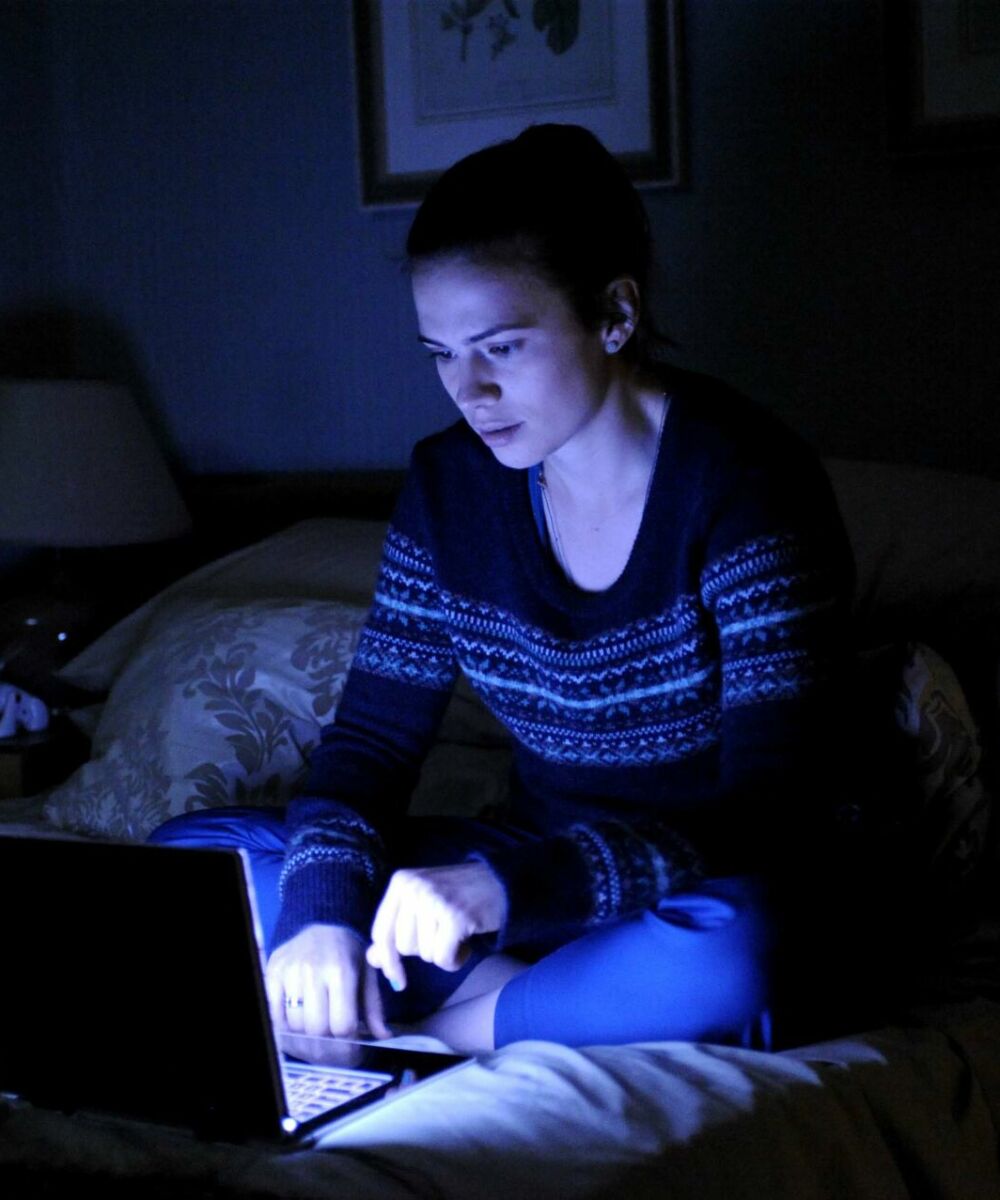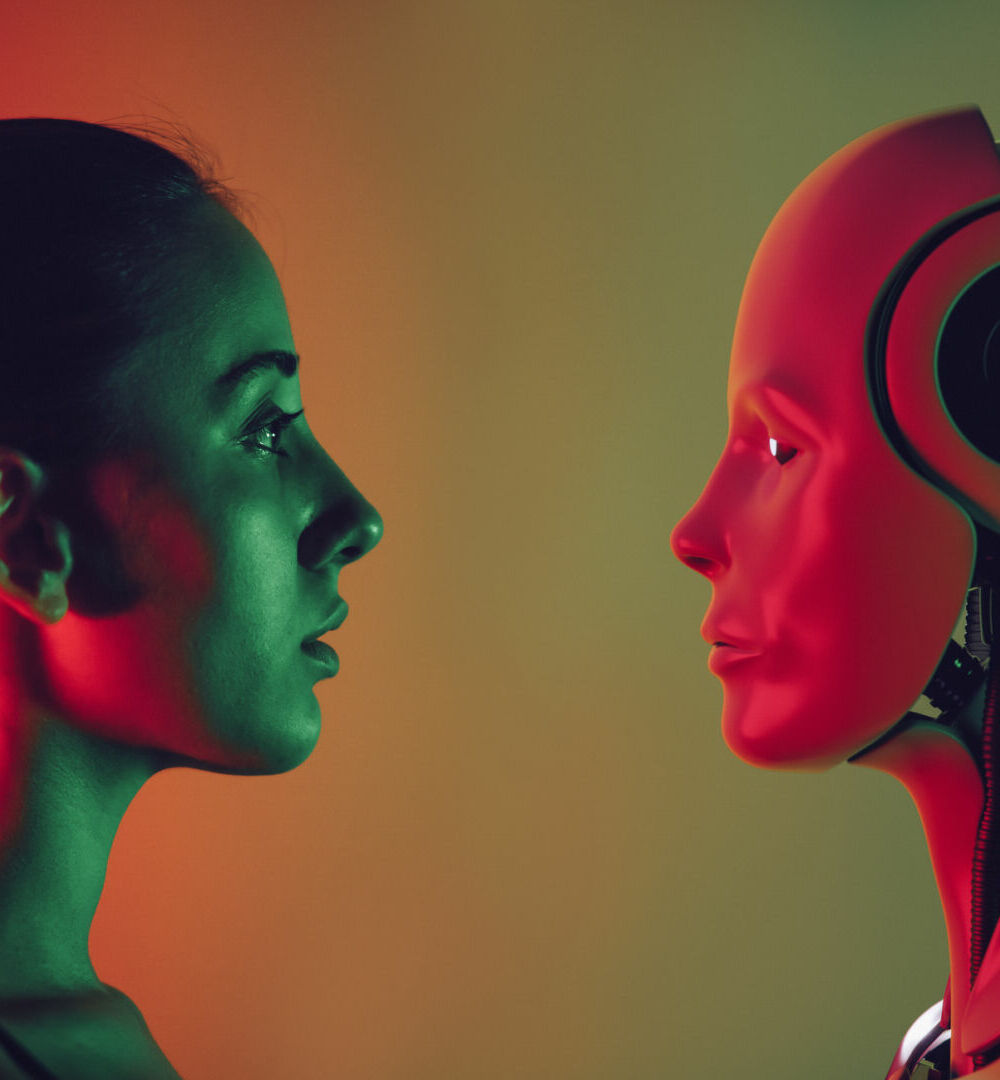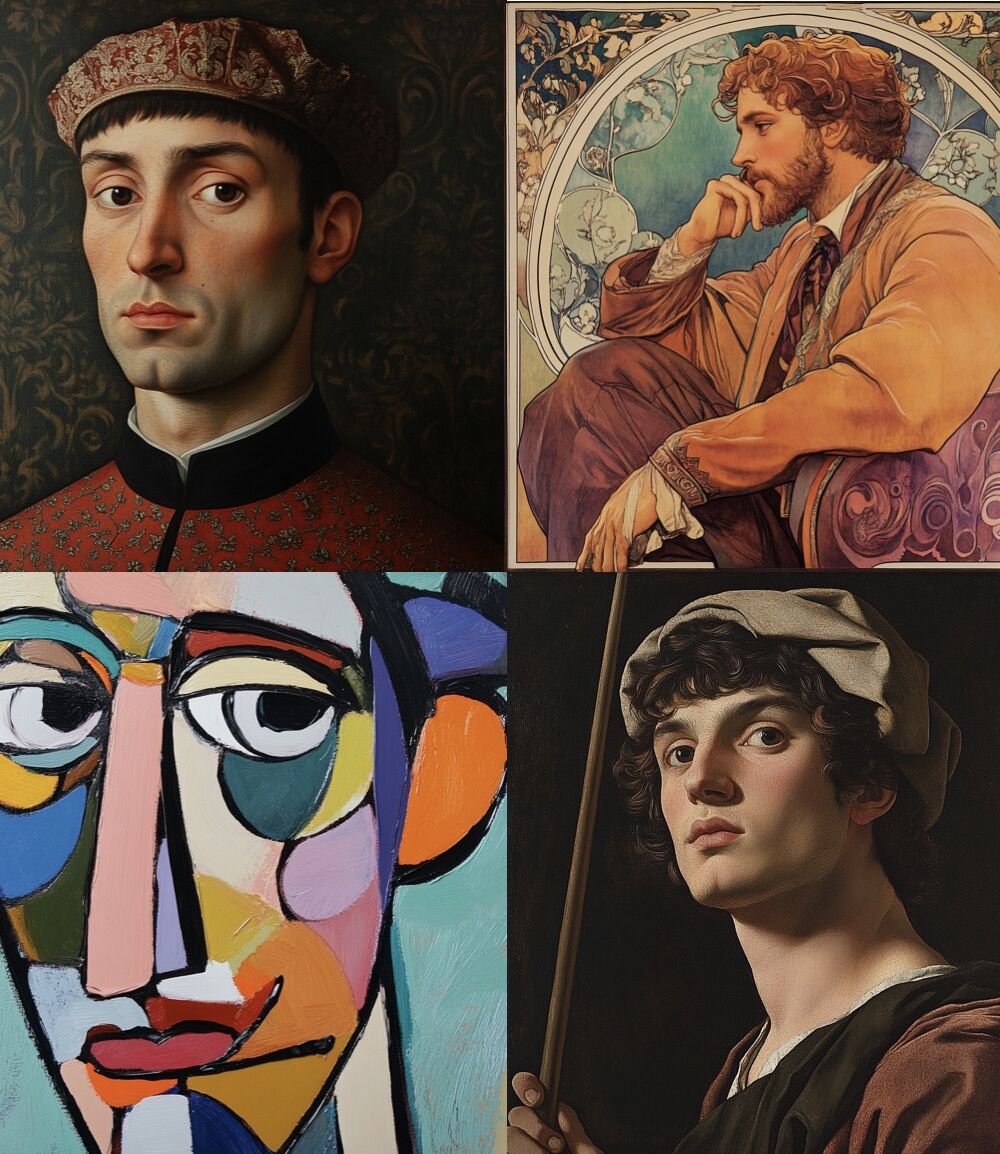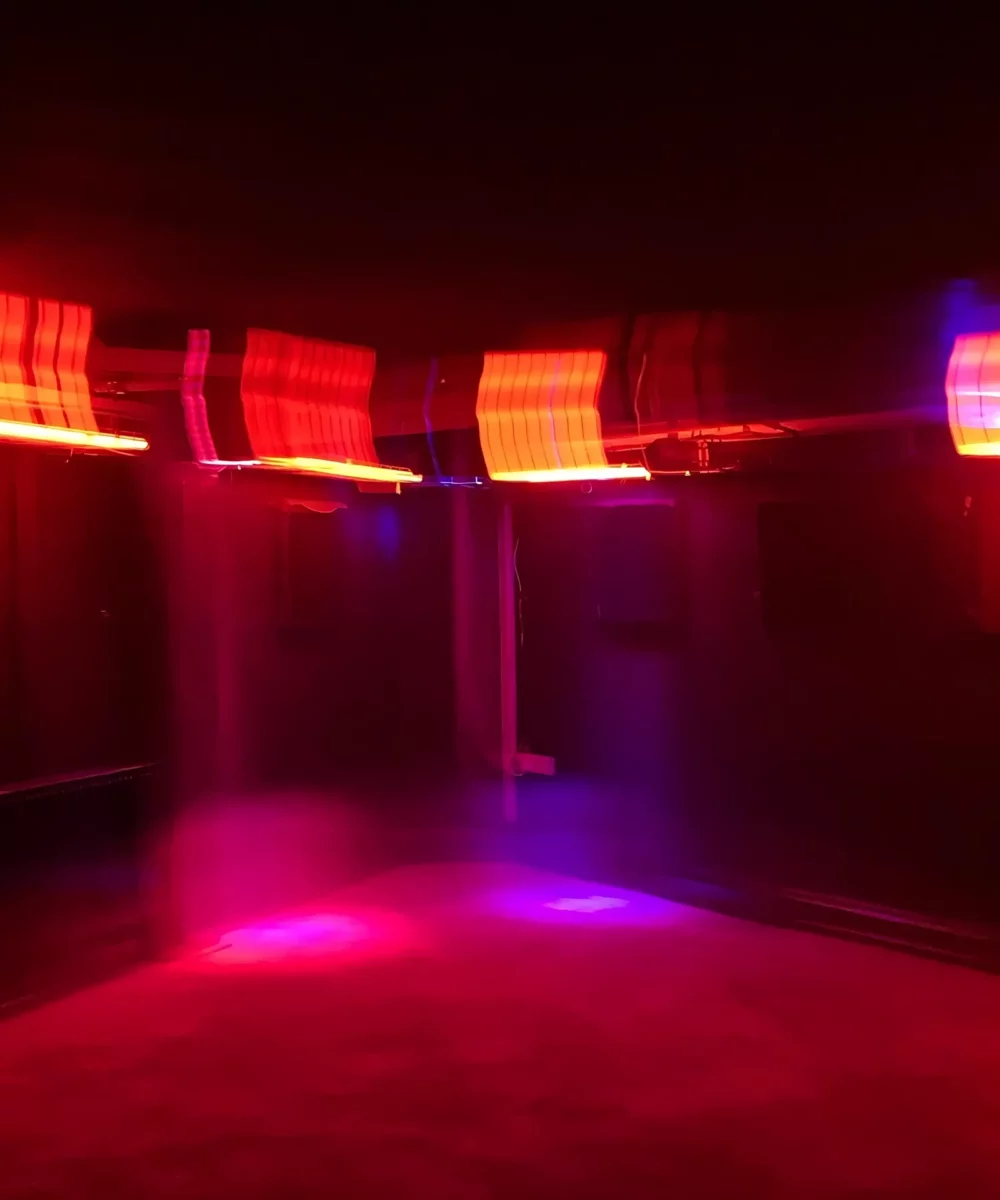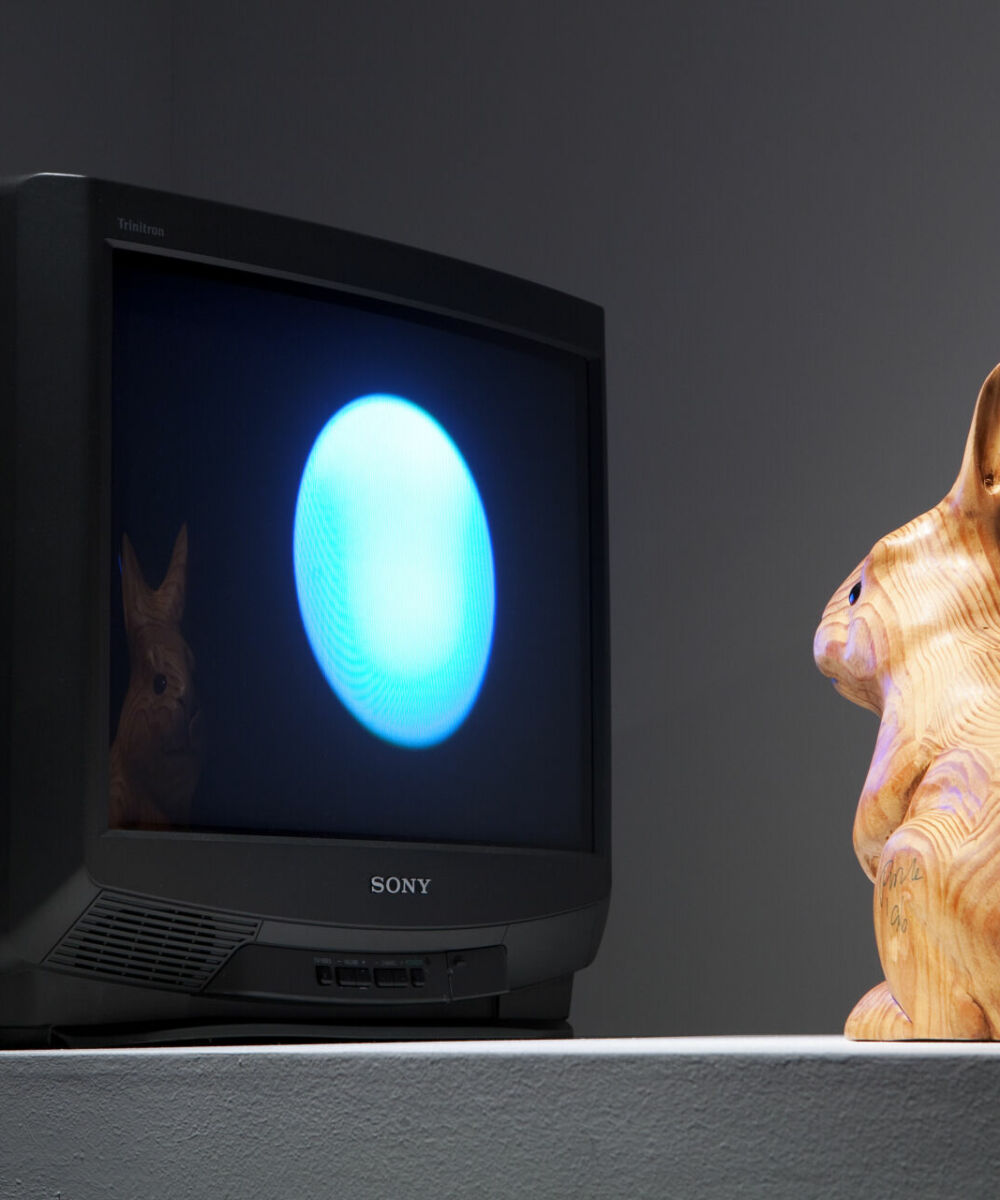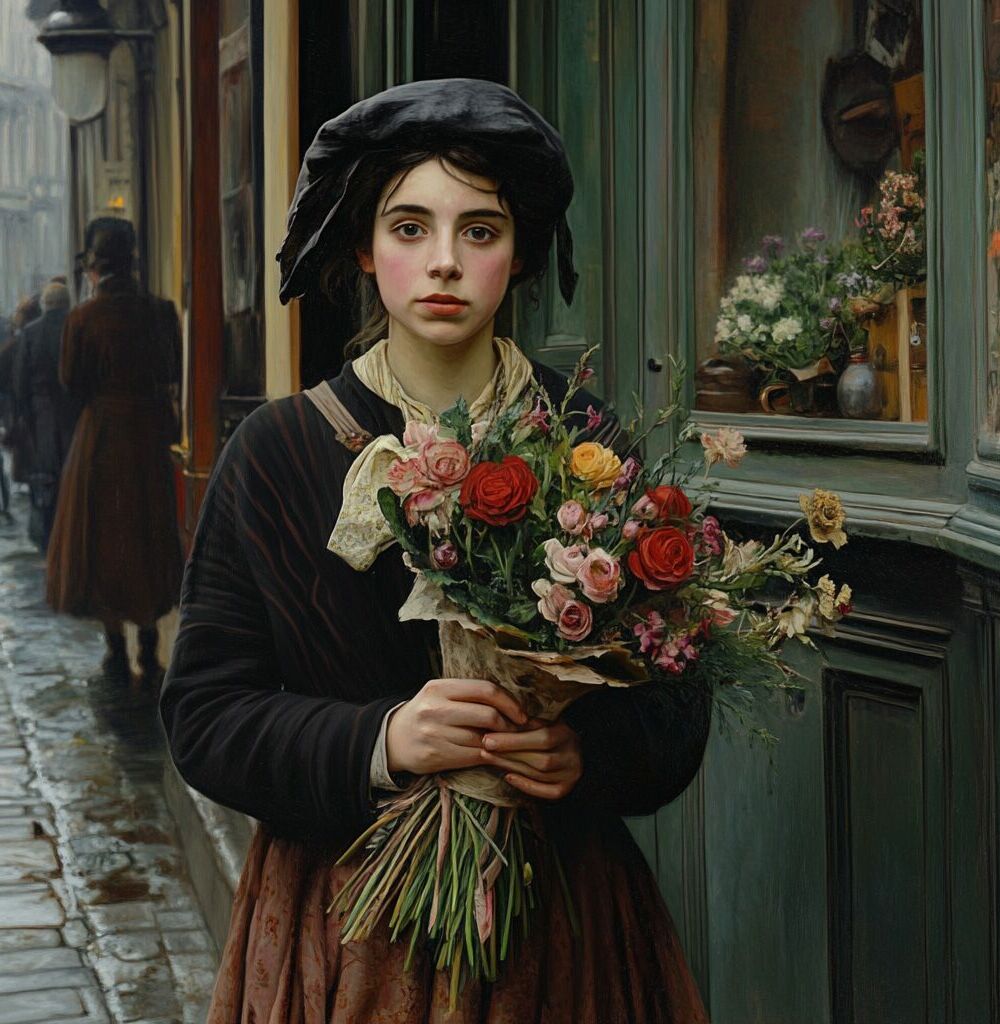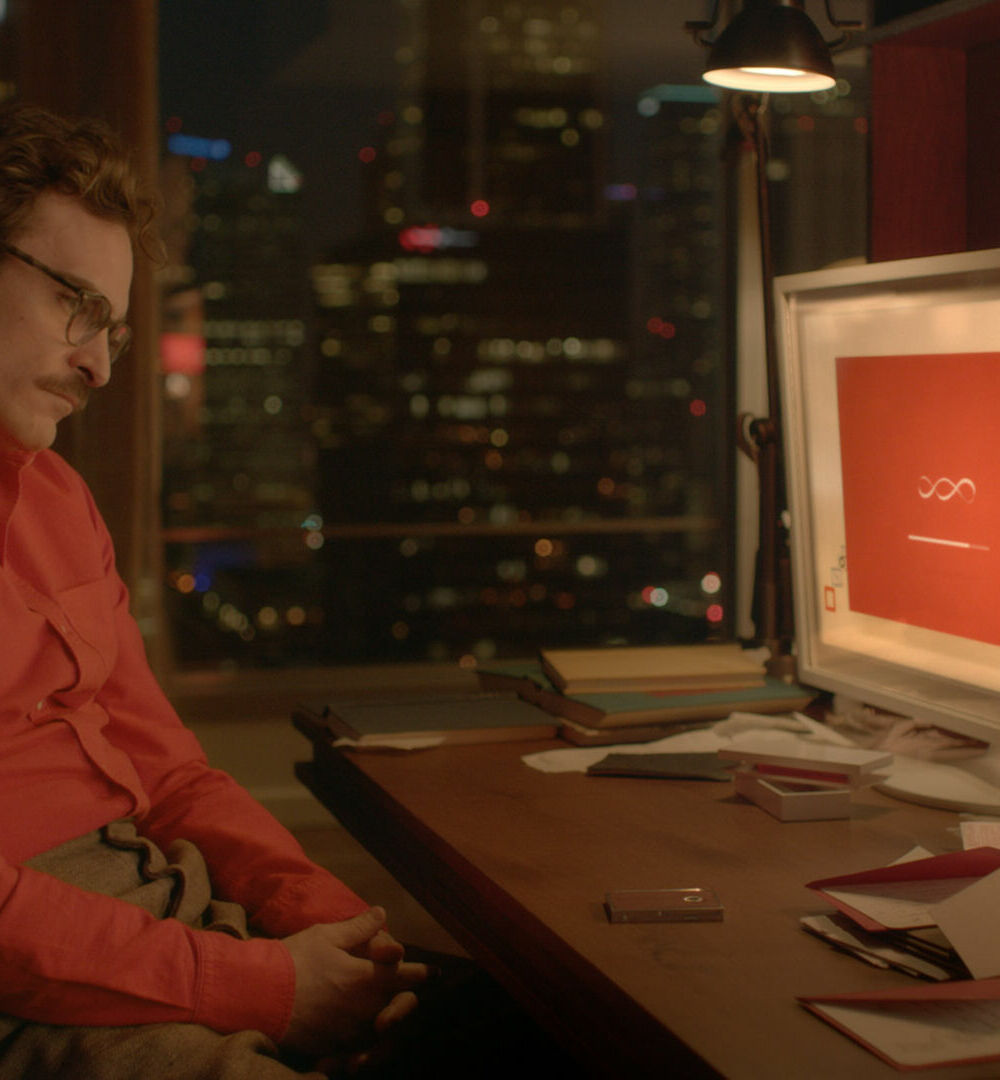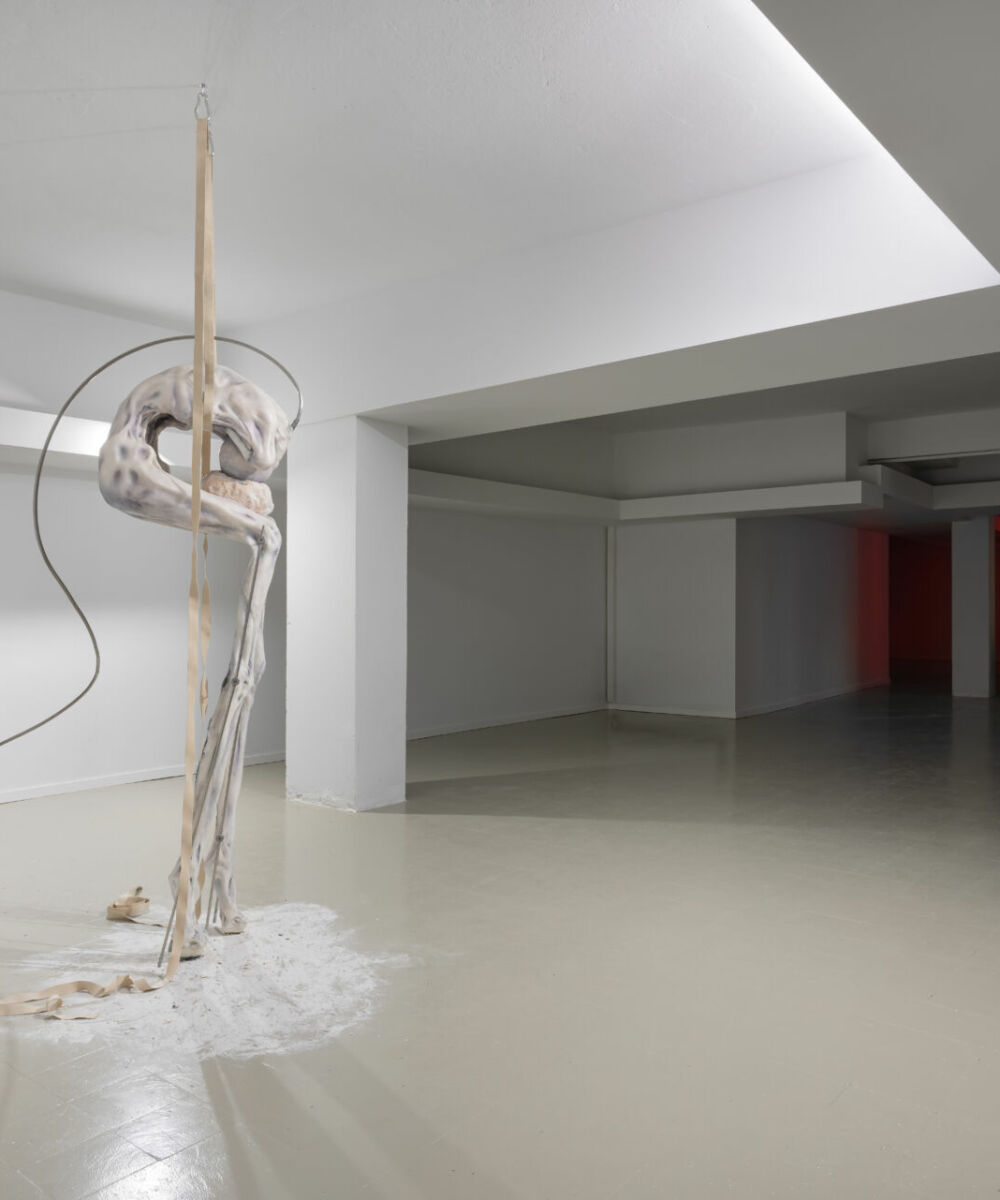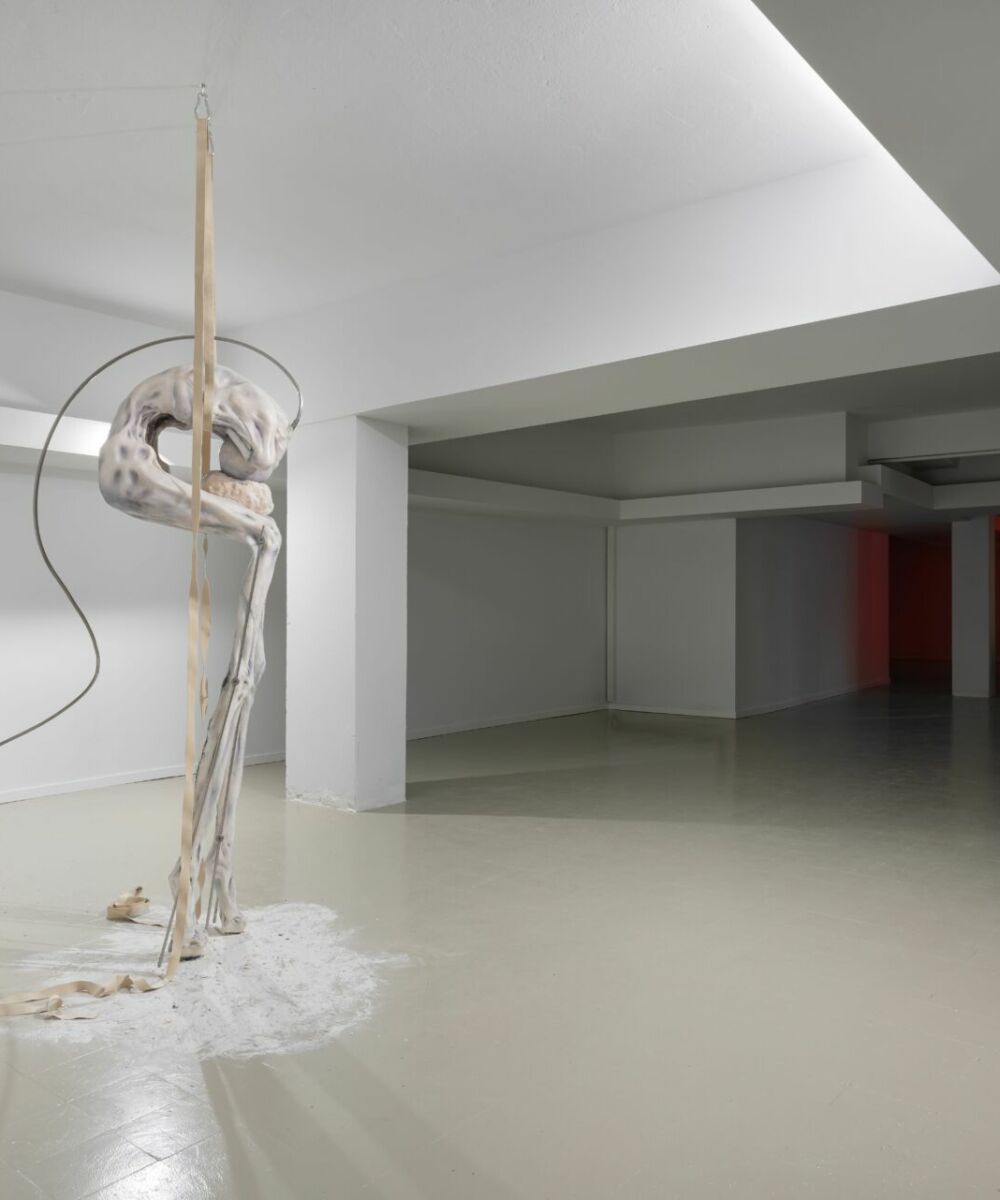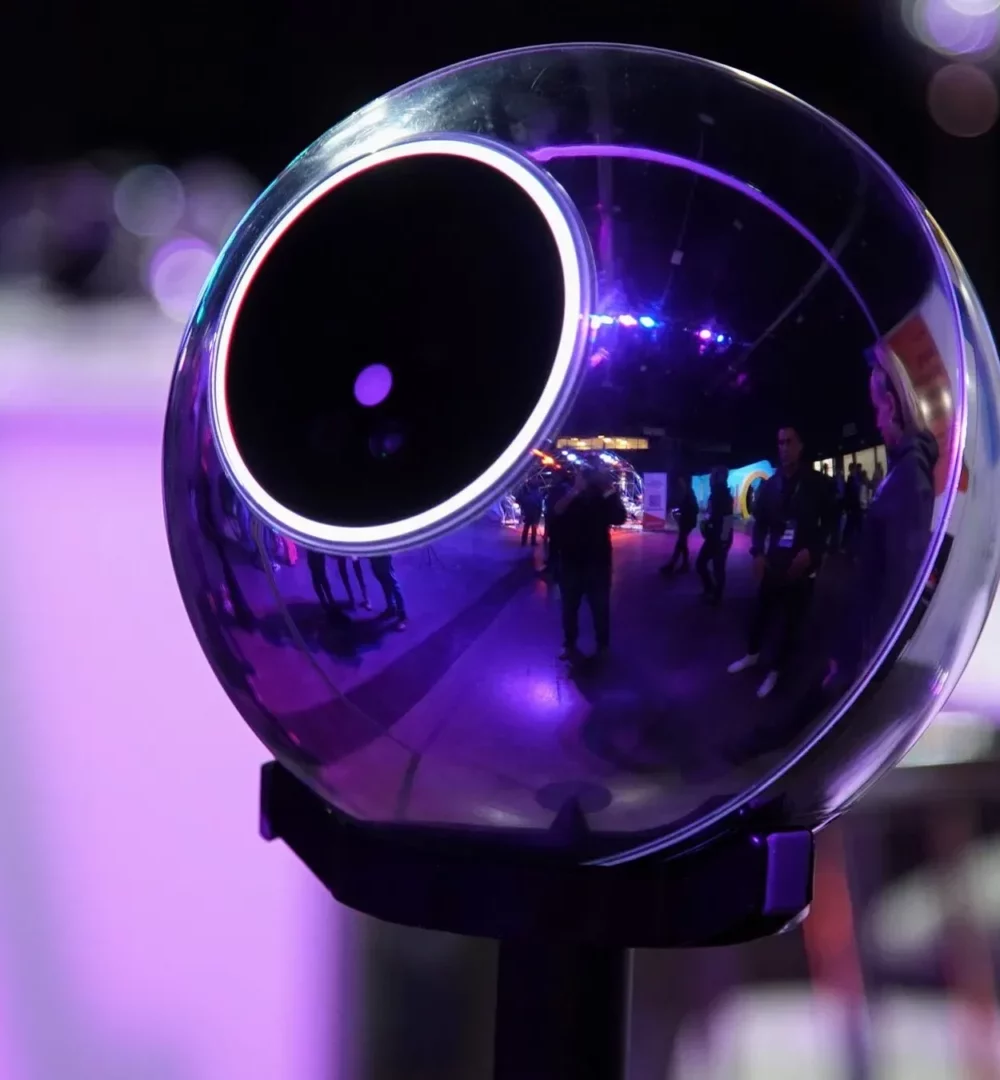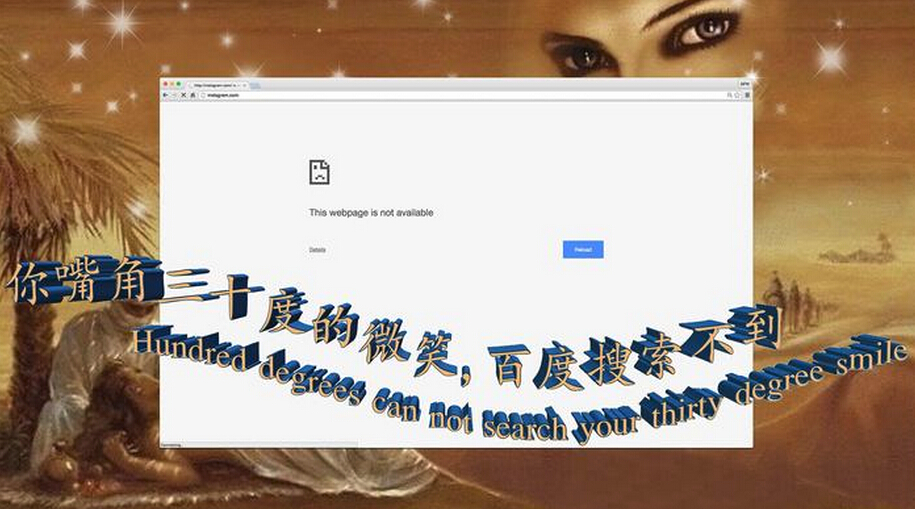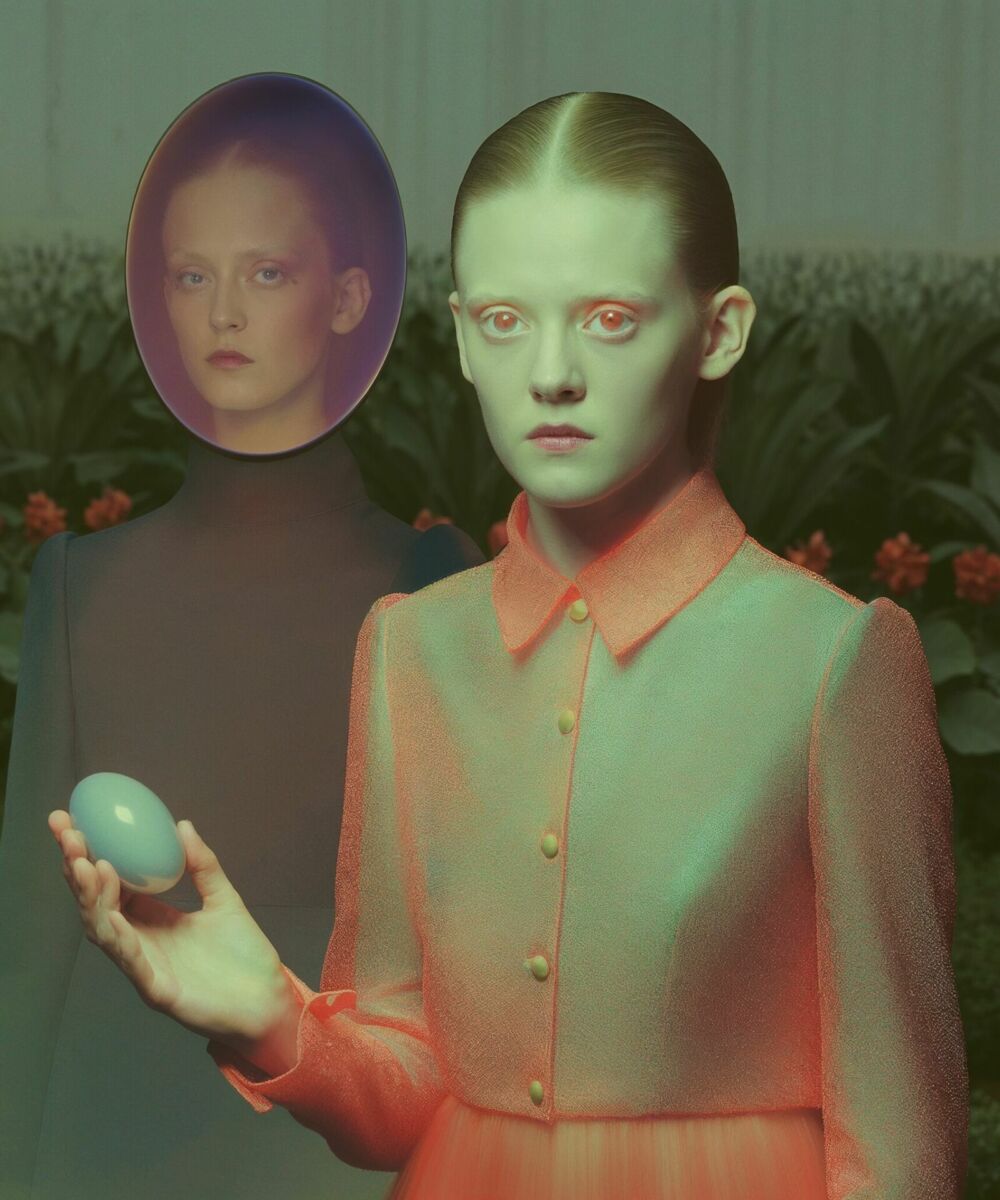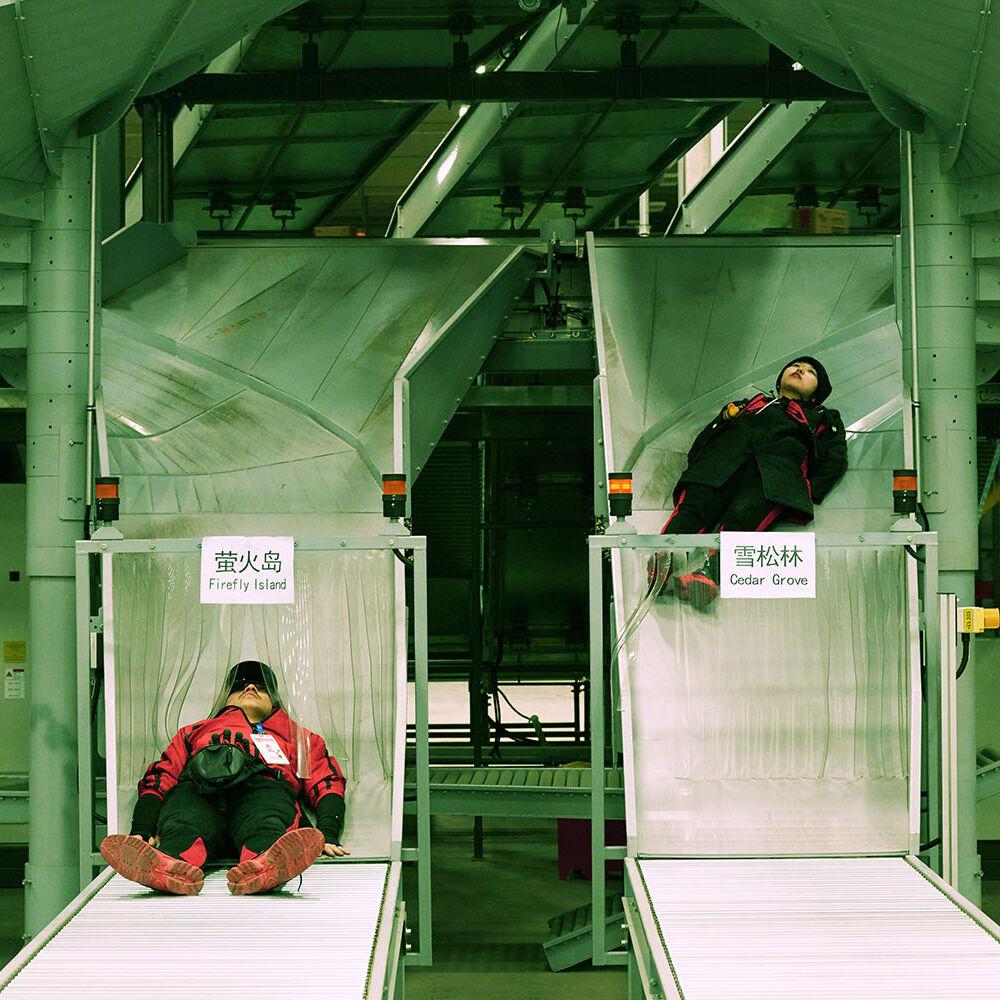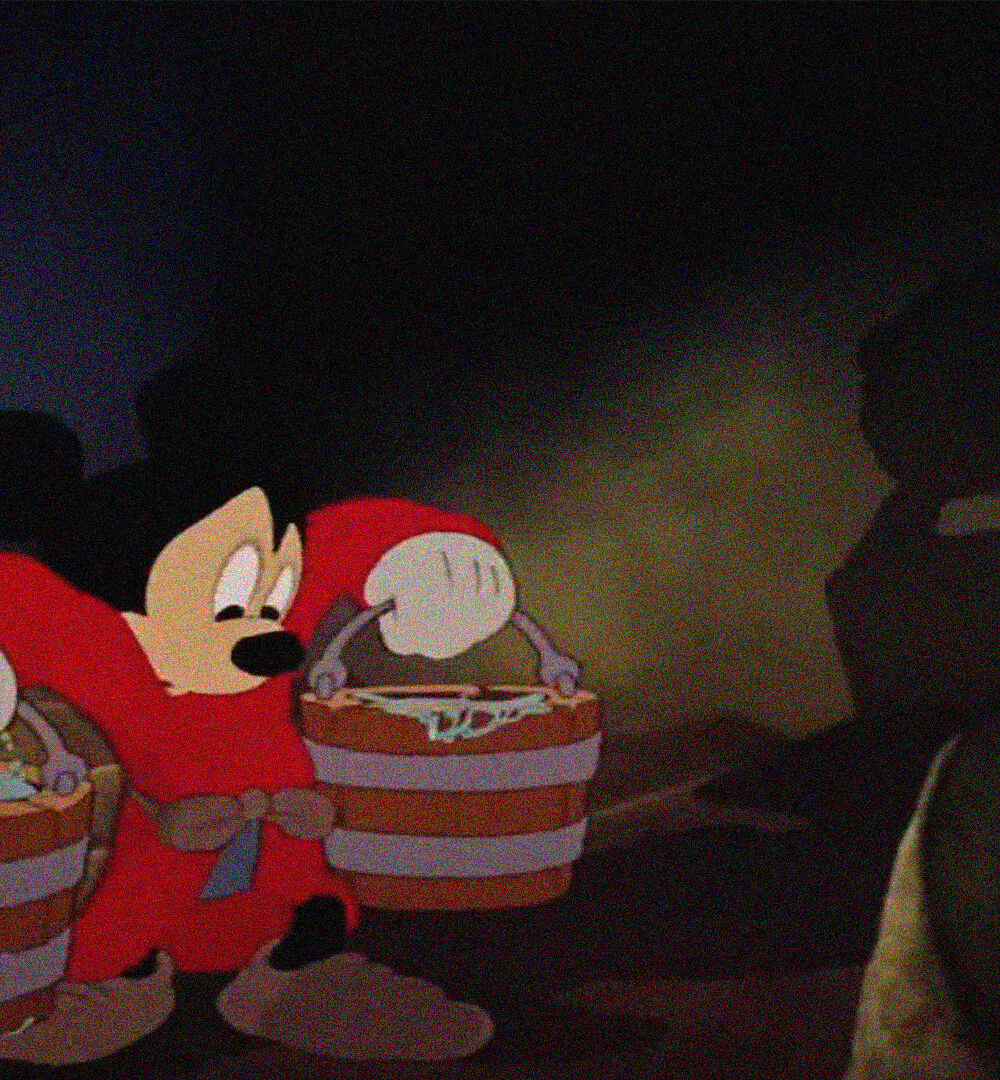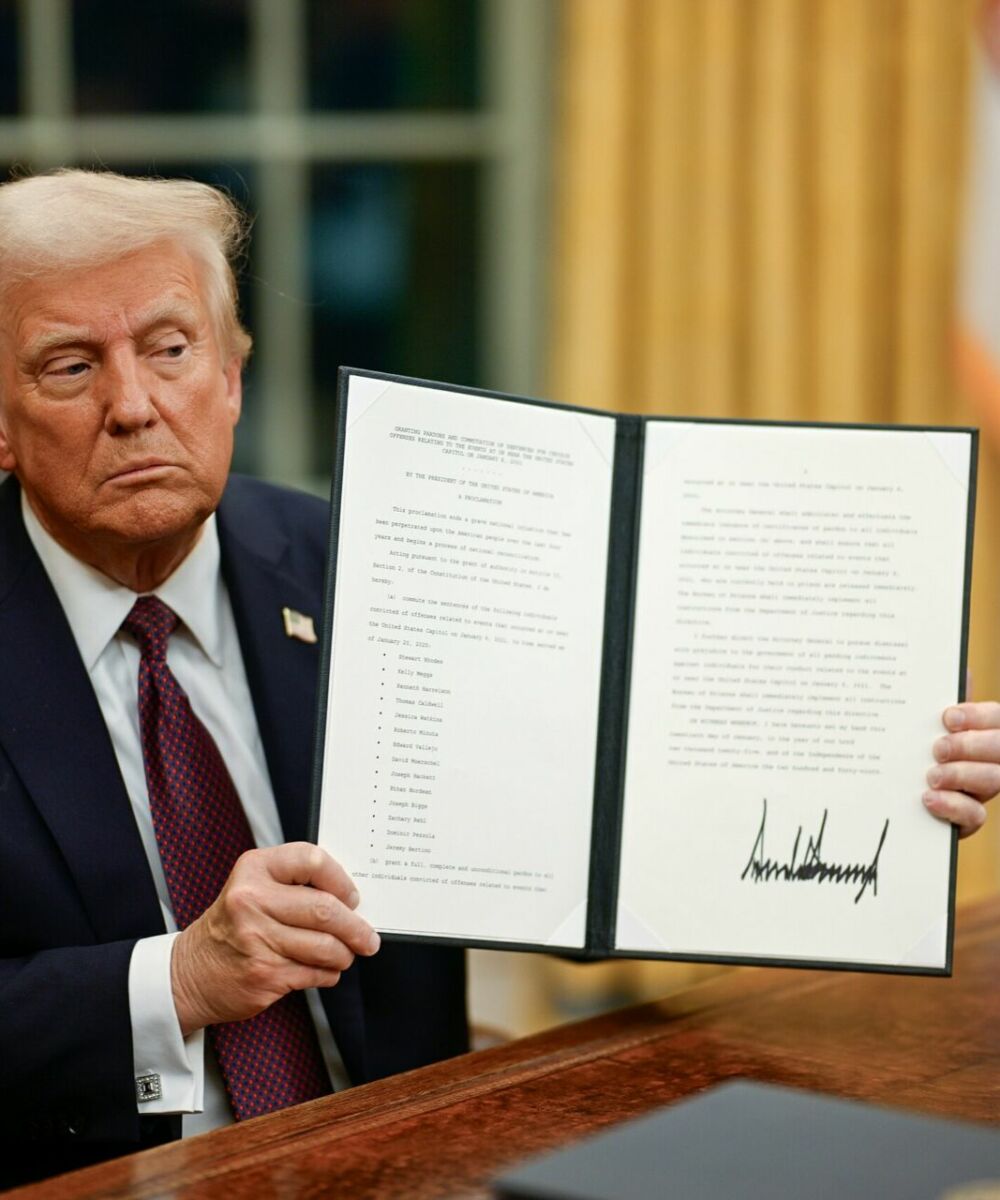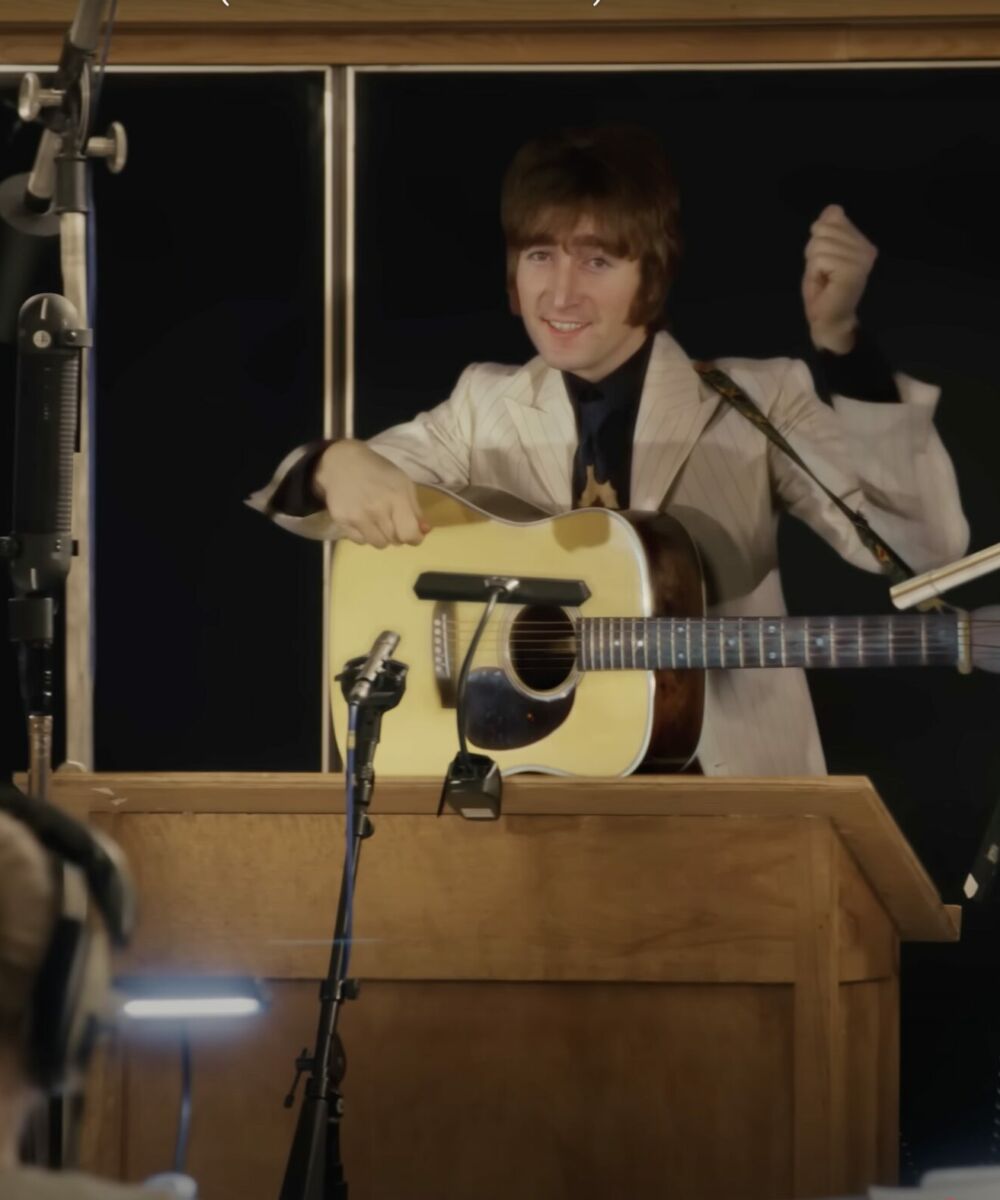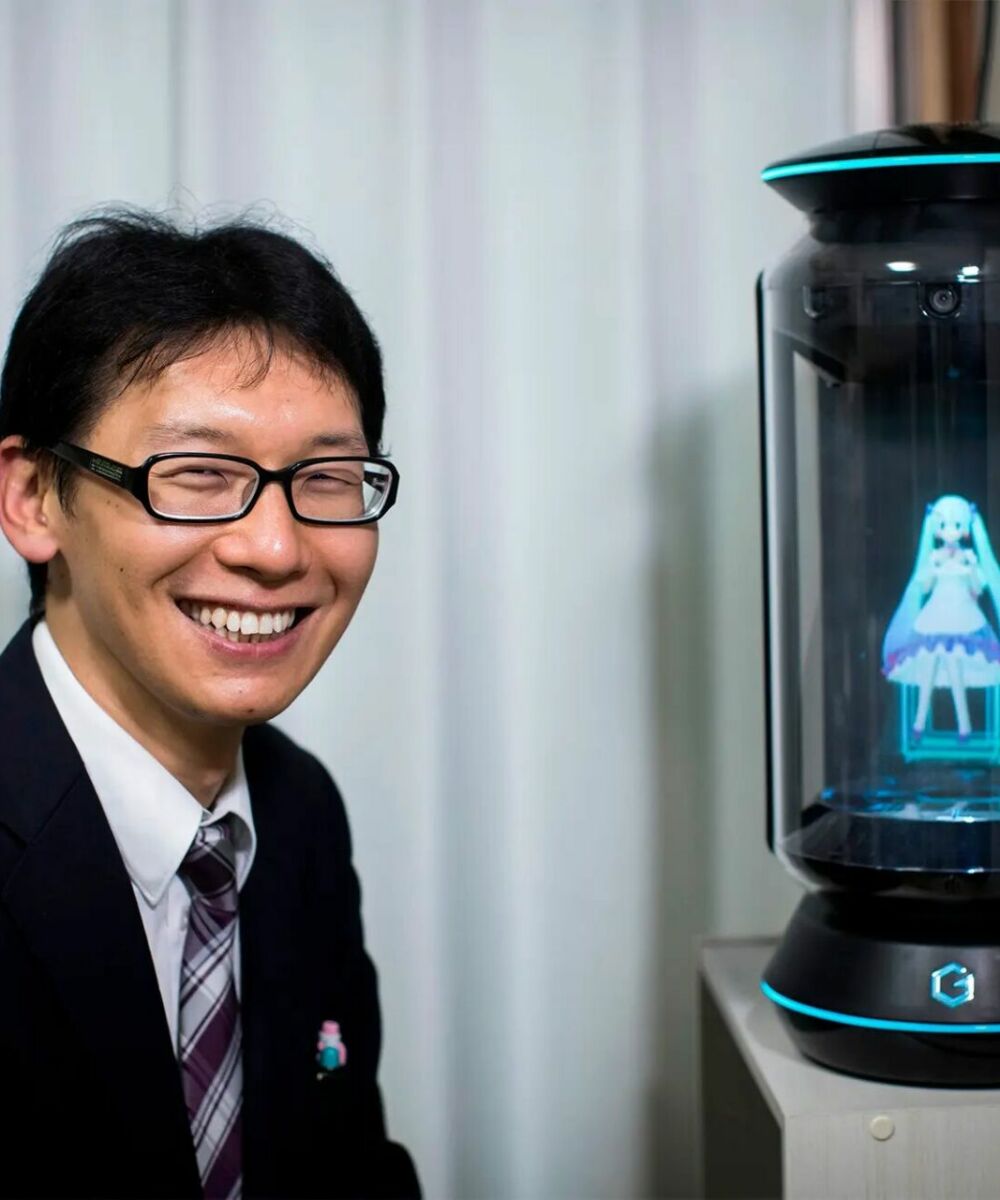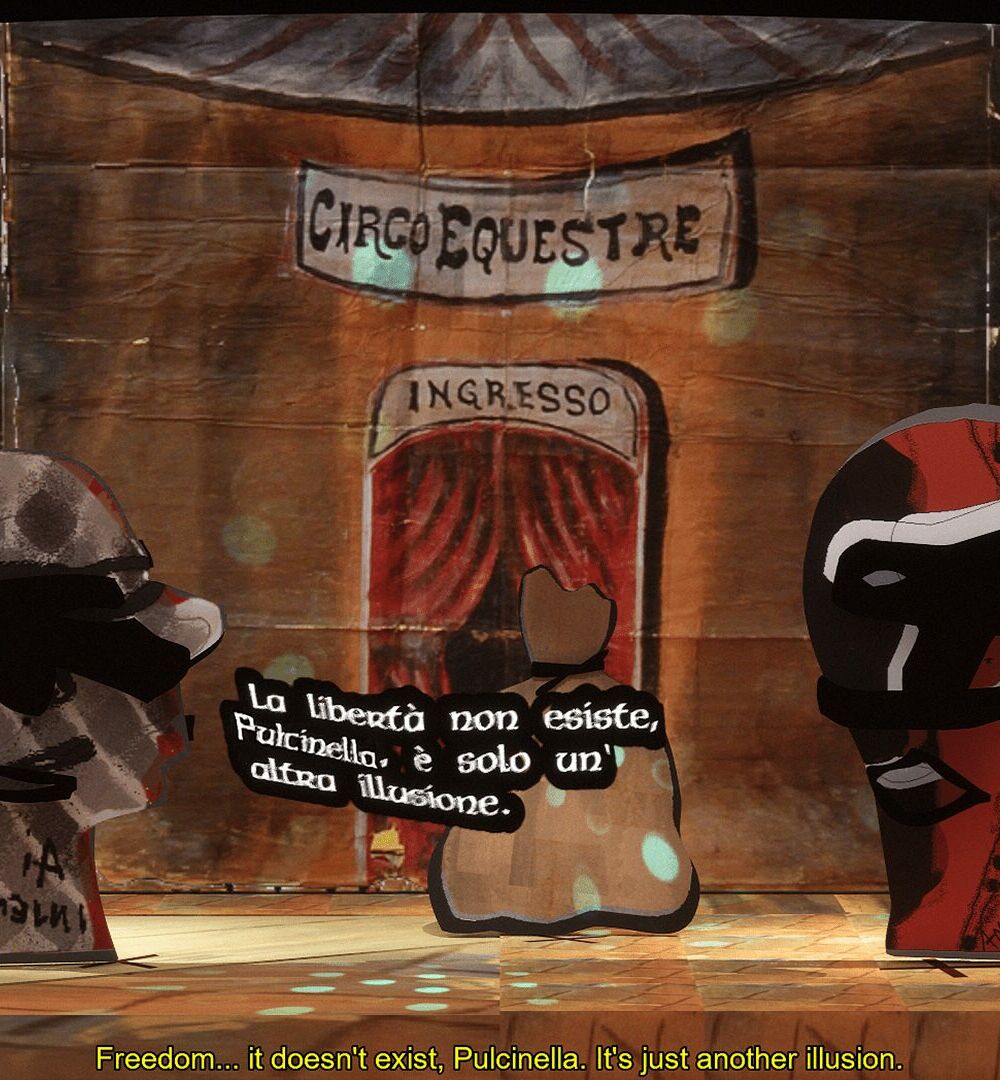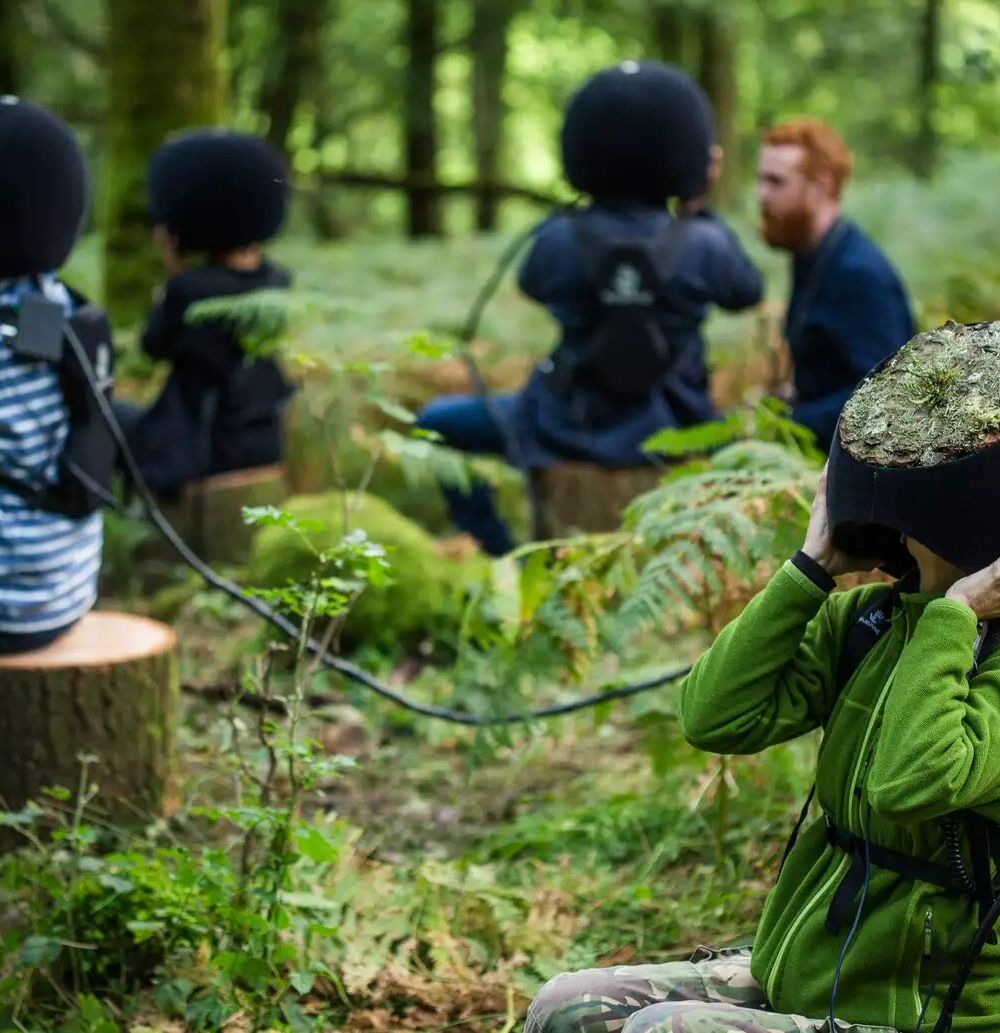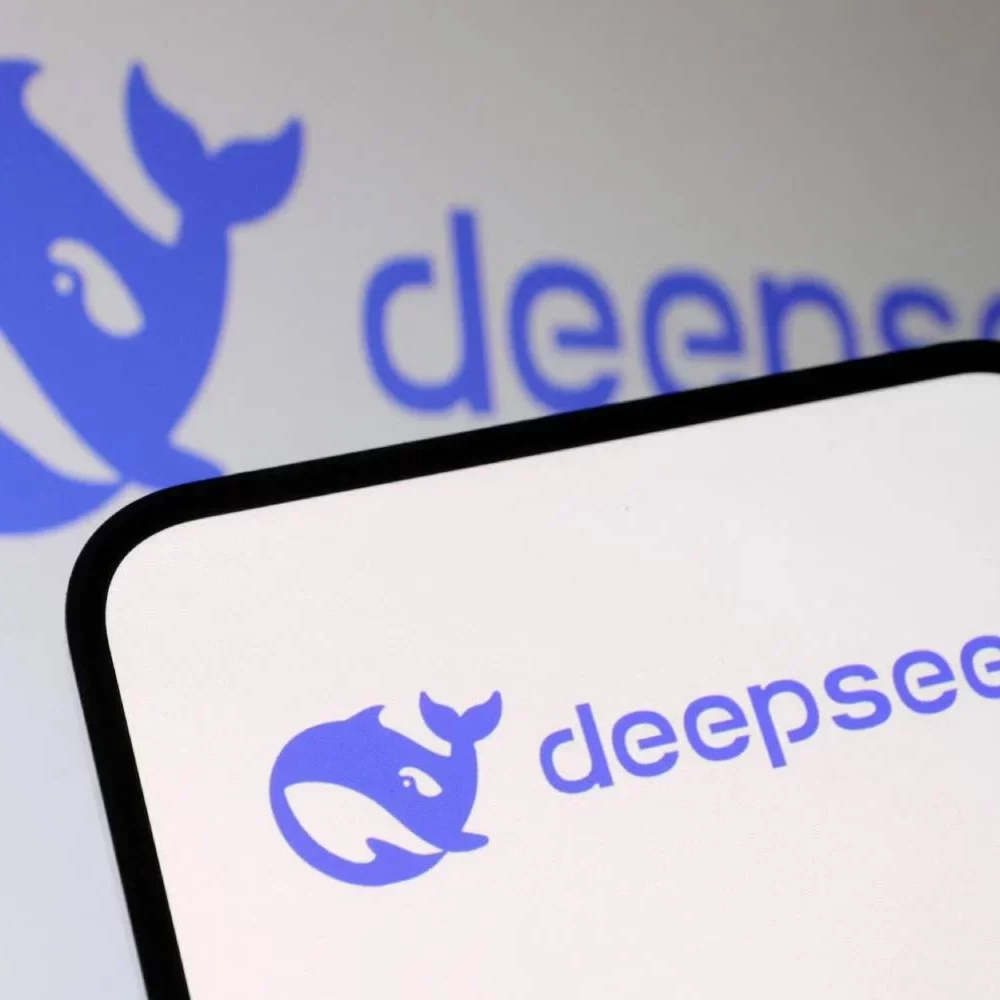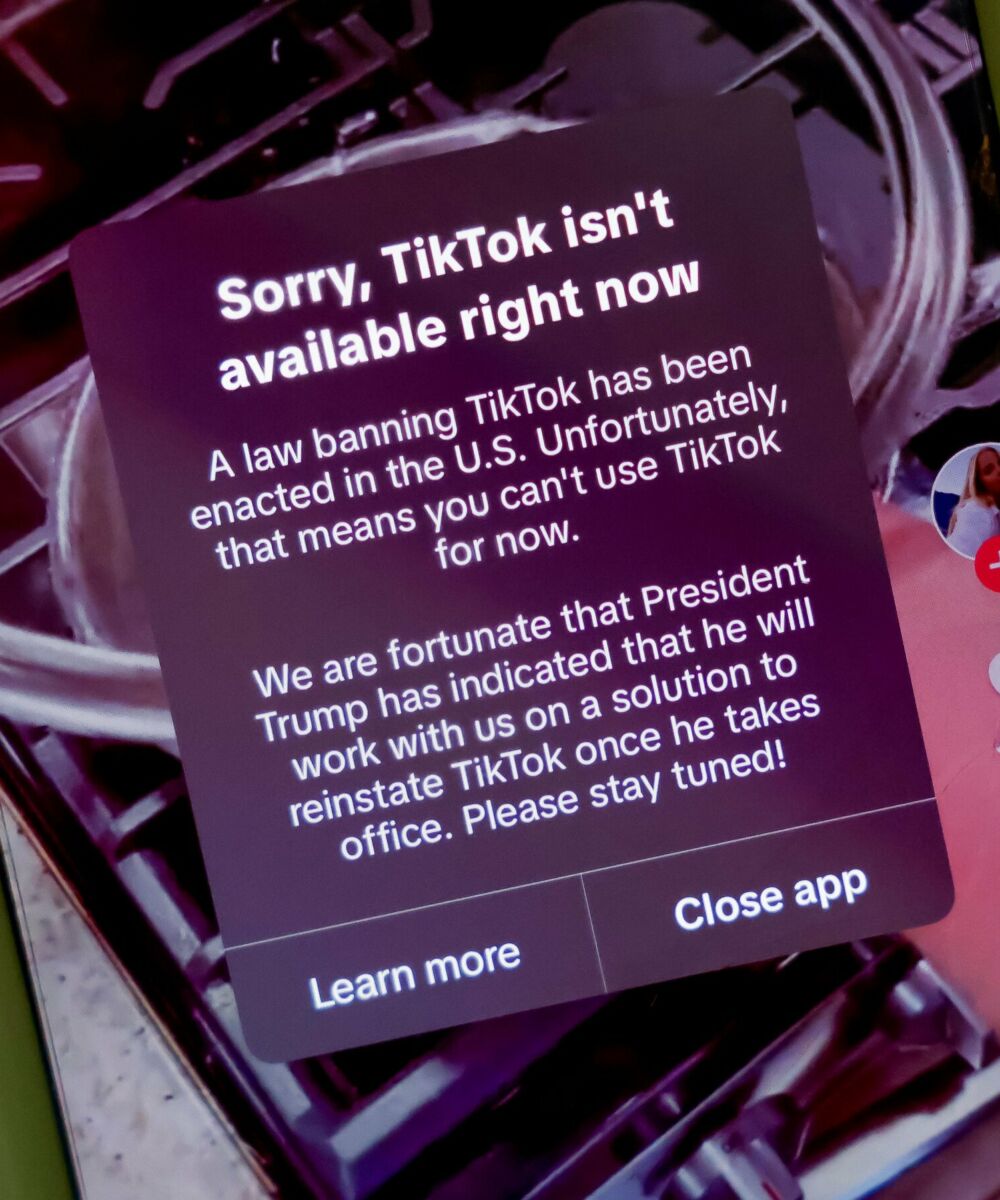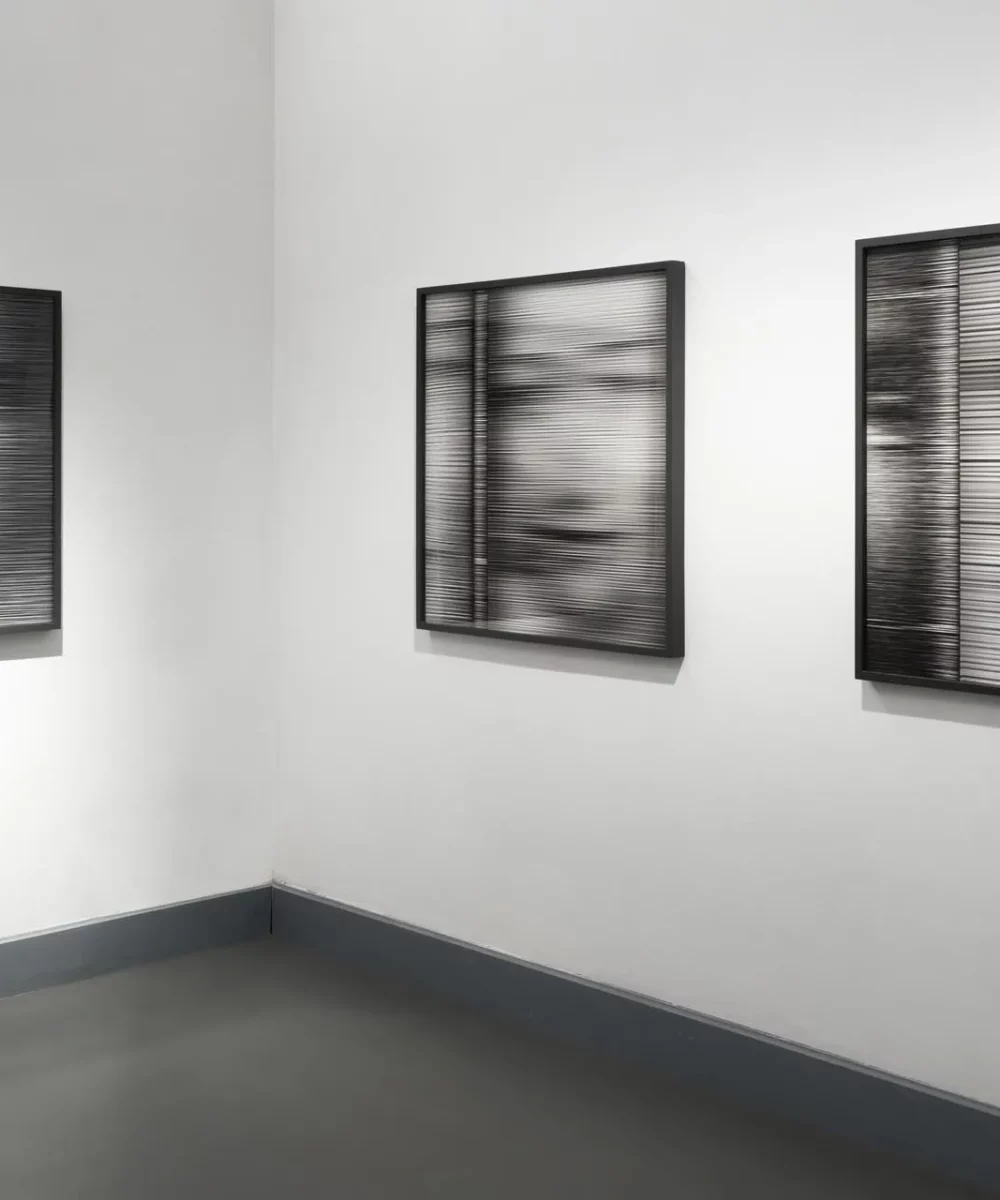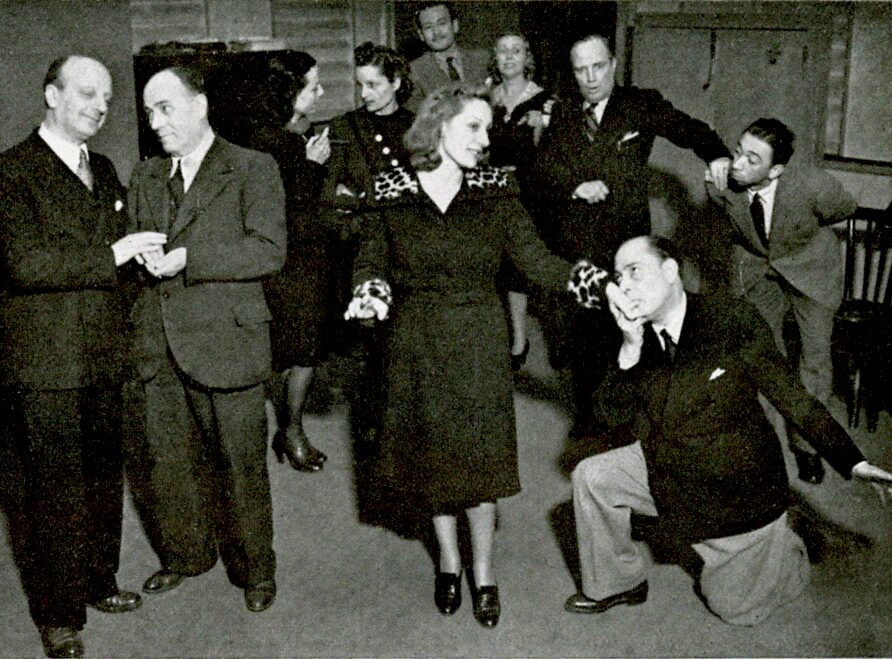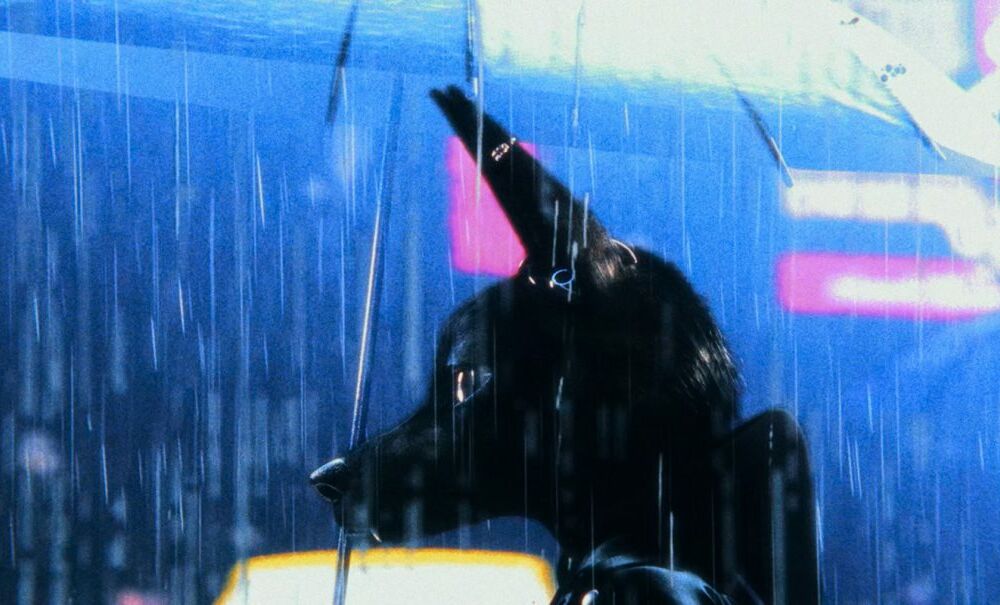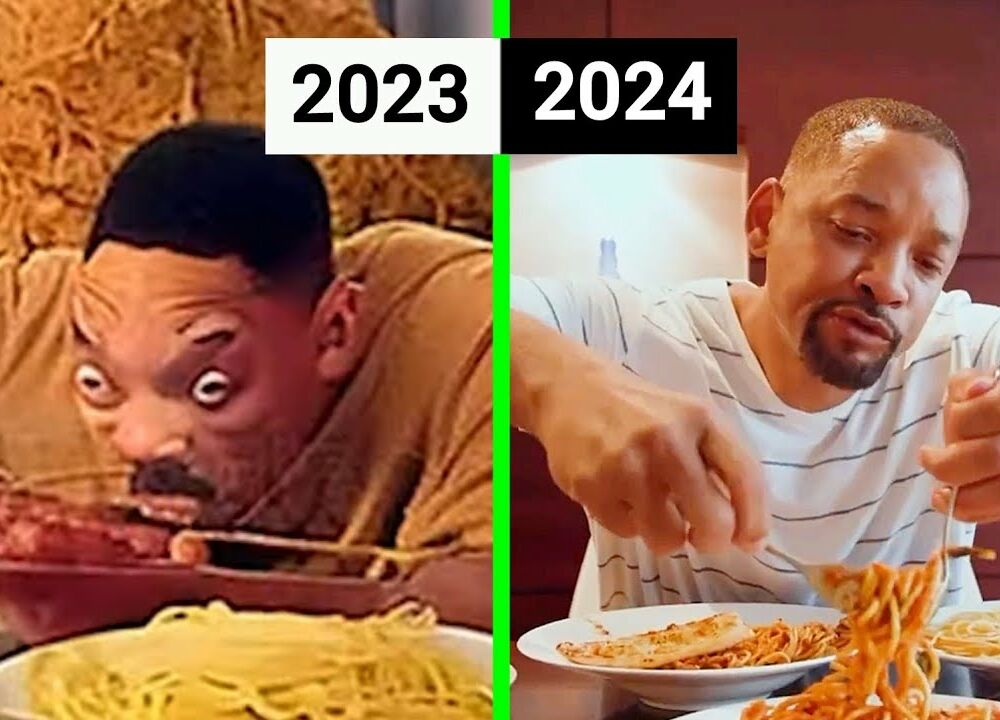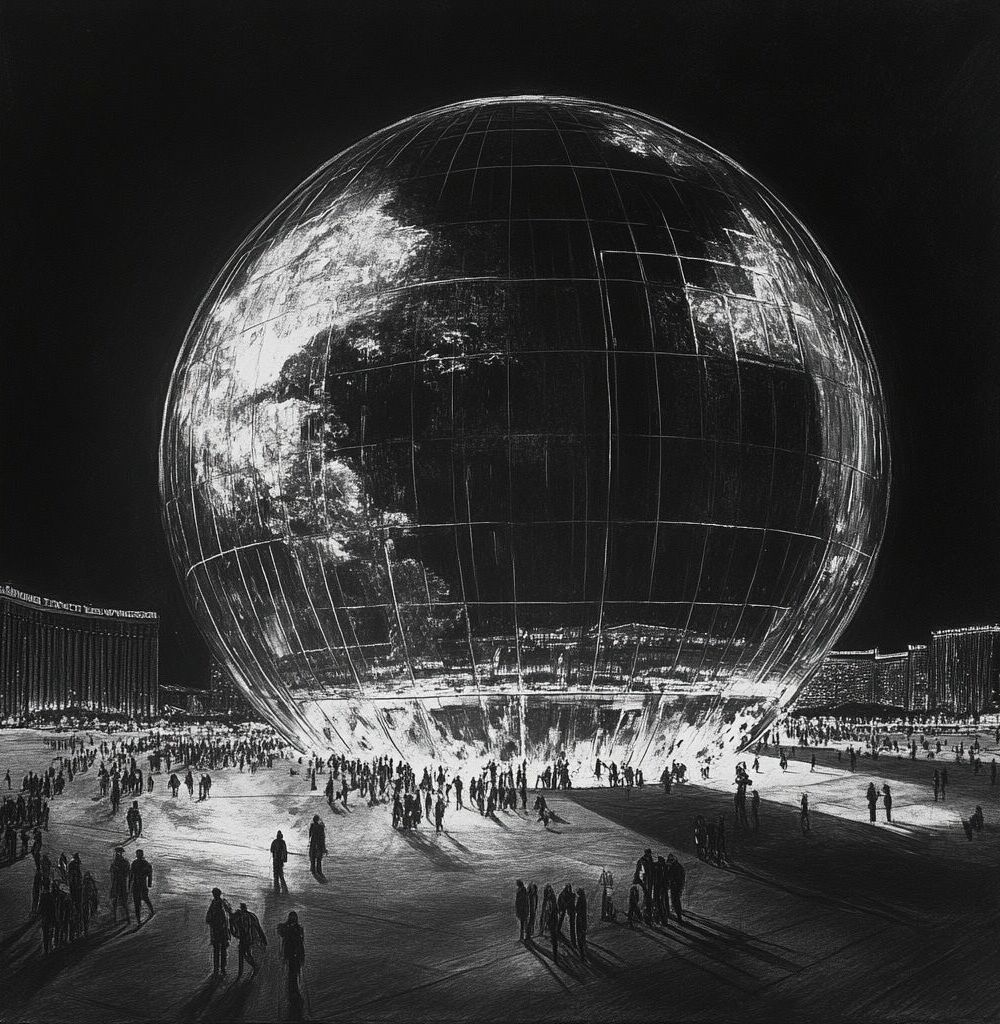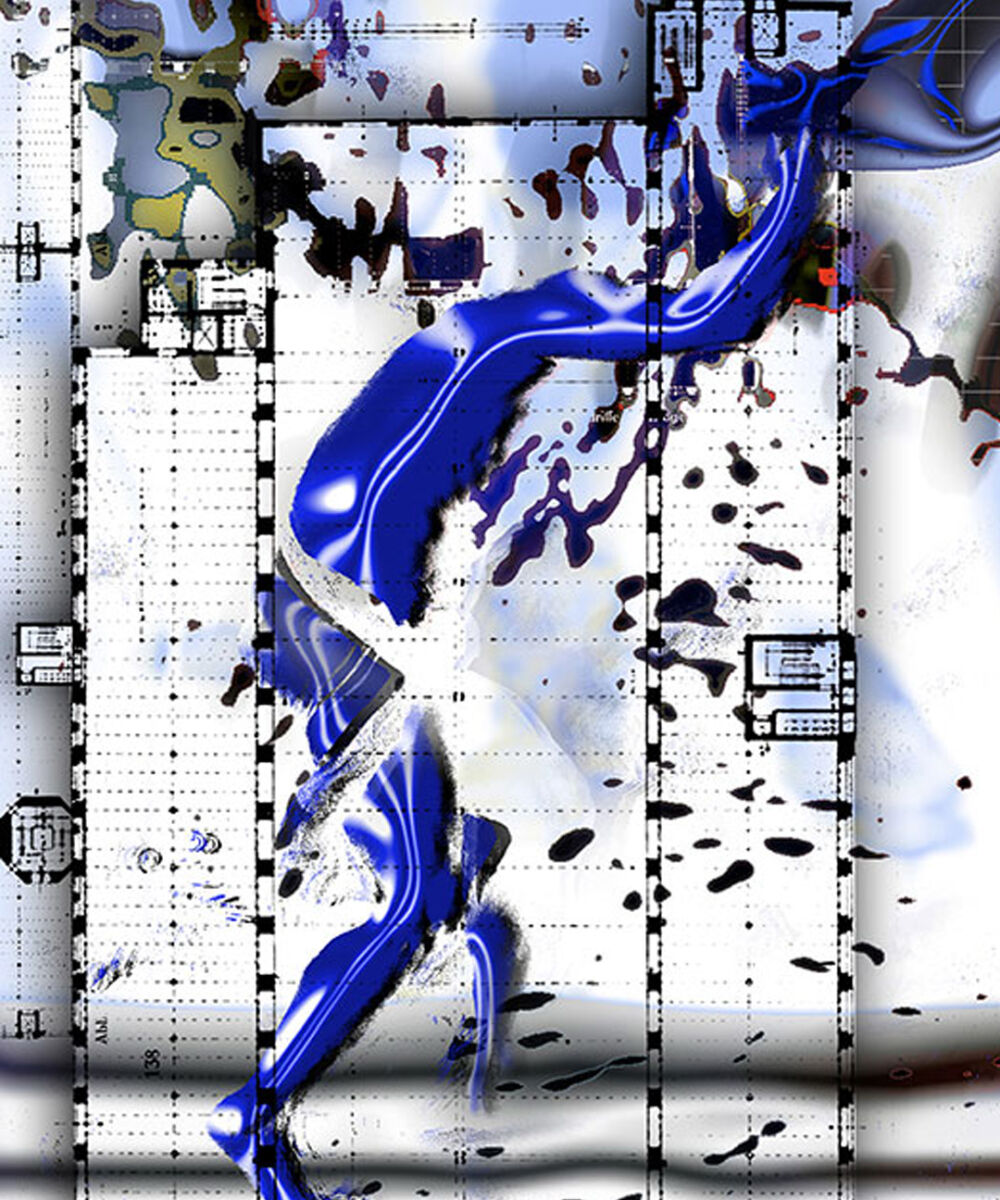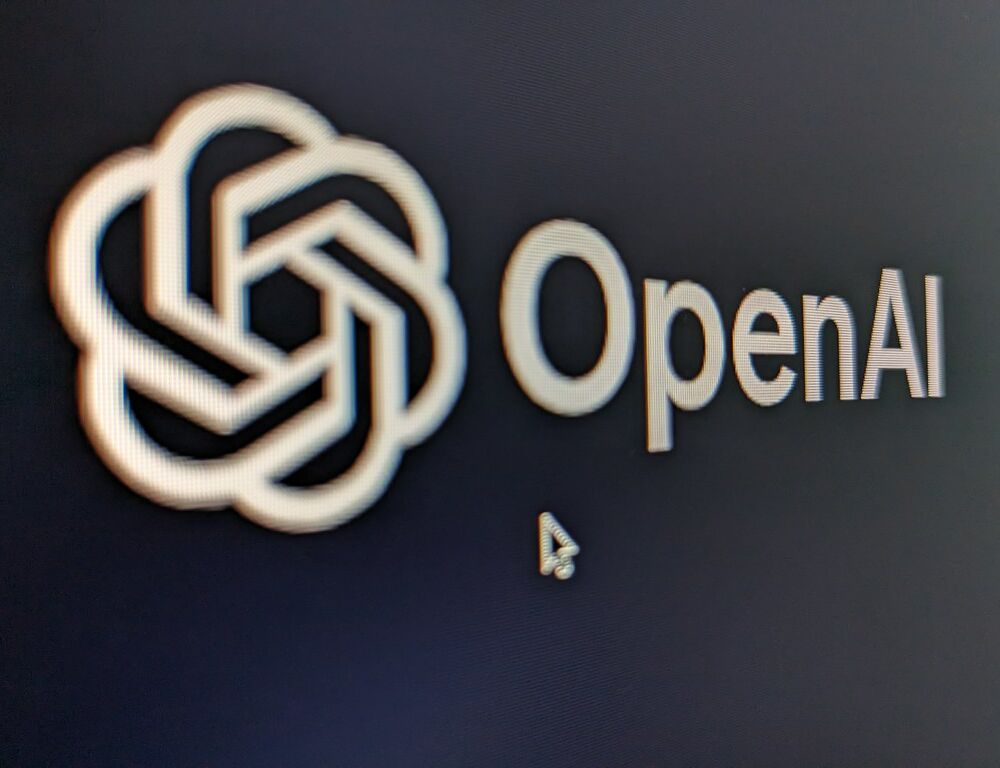CLUSTER
Nina Protocol: Dress Rehearsals for a Fairer Future?
by Pierluigi Fantozzi
That it’s Christmas is something even the walls know. It would be hard not to notice, given how aggressively it imposes itself on our senses every year: garlands, songs, and—recently—Spotify Wrapped. Personalized statistics, adorned with flashy graphics, seem to have become an integral part of the tradition, giving us the impression they tell us who we are. Sharing them is almost mandatory, fitting for a time of year when we celebrate carefree.
Spotify is celebrating too, with €4 billion in revenue in 2024 and €454 million in profits. A record for the platform, which, as of 2024, stopped paying royalties to artists who don’t reach 1,000 streams in a year. Not a big deal, considering Spotify pays about €0.004 per stream—one of the lowest rates around.
But someone is trying to make a difference.
Nina Protocol is a platform designed in 2021 with the specific goal of giving artists full control over their music and earnings. Created by Jack Callahan, Mike Pollard, and Eric Farber, it uses blockchain technology to eliminate intermediaries, allowing artists to retain 100% of their profits and fans to discover independent music without data exploitation. Conceived as an alternative to Spotify, it aims to preserve online music and support experimental artists, drawing inspiration from the principles of early p2p networks.
The platform’s reliance on blockchain makes many potential users skeptical, disappointed by the NFT bubble and the pyramid schemes tied to cryptocurrencies.
The platform’s strong point is the curated selection of musicians proposed by its editors, though this alone isn’t enough to attract new artists to distribute their tracks on Nina Protocol. “P2P is fantastic, but artists and labels need to eat,” someone comments.
The present for independent artists is far from rosy. Can we dream of a better future with Nina Protocol?

LISTENING ADVICES
Pierluigi Fantozzi
Pierluigi Fantozzi, born in 1995, is a musician. He graduated from the Siena National Academy of Jazz and earned a master’s degree at the Bologna Conservatory. A clarinetist, he has played in jazz ensembles but has also nurtured an interest in electronic music, collaborating with Tempo Reale. Since 2023, he has been part of the Controradio team, conducting interviews with prominent figures from the international music scene. As a radio host, he leads his program “Passabanda.”




